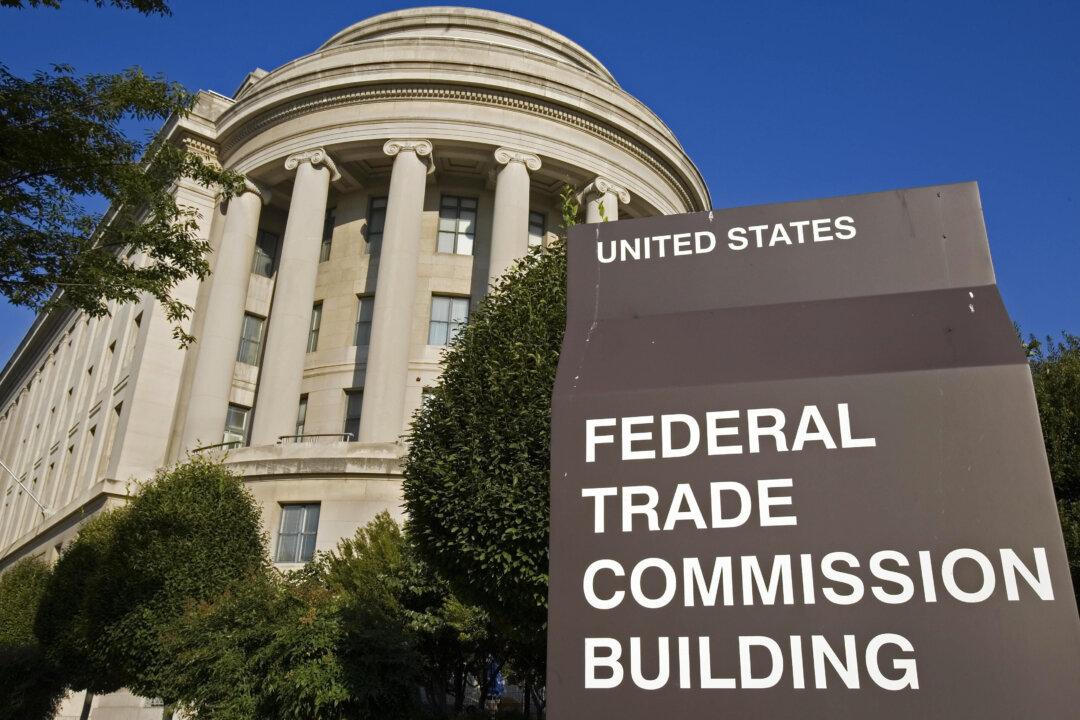The Federal Trade Commission (FTC) has proposed amendments to an existing law aimed at restricting the ability of websites to collect, disclose, and monetize children’s personal information.
Under the current Children’s Online Privacy Protection Act (COPPA), website operators are required to obtain verifiable parental consent before collecting personal data from children under 13 years old.





